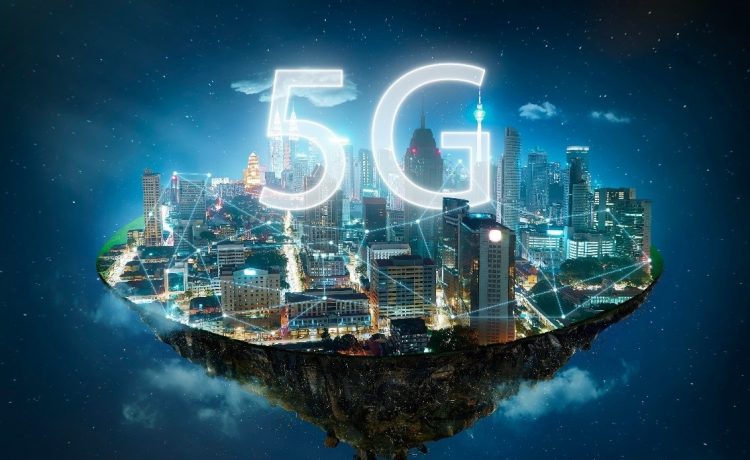As 5G is almost about to be rolled out you will be related to learn about the benefit it offers from reliability, steadiness, speed and versatility. With 5G you are ready to step into the next generation of internet technology from high potential to usher in latest innovations in networking, connectivity, hardware, software, firmware, management and services. 5G is the result of years of research and learning from the field combined with latest innovations in mobile technology. 5G connectivity is set put high data throughput capability into your hands with speeds of nearly 1-Gig downloads per second as norm. Some of the industries that are set to majorly benefit from 5G come about as entertainment, medicine, education and banking. Subscribing to a package like Bravo Telecom’s unlimited internet can enable you to enjoy the benefits of 5G network in near future. Also if you’re planning to switch from other networks to at&t, you might be interested to know how to switch phone carriers without paying.
So let us speculate all the changes that the upcoming 5G networkmight bring.
High Speed Internet Connectivity
This is what we are all eagerly waiting for – warp speed internet connectivity. Not that 3G and 4G networks aren’t almost fulfilling our internet speed requirements with up to 3.1 mbps and 300 mbps on their higher sides respectively, but these have raised people’s expectations to a great extent. This is where 5G steps in alongside 3G and 4G networks, offering nearly broadband like speeds of 1 gbps on mobile networks. This is made possible by release of new spectrum and frequencies for its use such as the Sub-1 Ghz range which covers both rural and urban areas, the 1.6Ghz spectrum for enhanced voice and texting capability and above 6Ghz spectrum that comes with support for newer mobile devices that implement this technology.
Improved Capabilities
Apart from the above changes, 5G added capability for increased speed has provided better scope for using apps that requirelarger throughput capacity to enable transfer of larger amounts of data such as video streaming, video conferencing, large images and large dataset processing and others.Not that this was not possible in 3G and 4G, but there is still some scope for improvement in these technologies to reduce latency, provide steady connectivity and increase in speed which is currently met only with wired broadband connectivity. 5G changes this with speed improvement of between 10 to 20 times that of 4G and better connection stability. 5G has also the capability to use the millimeter band radio signals to transfer huge amounts of data over not too far away destinations which can be ideal in situations that require on-field short-range connectivity such as scientific studies and military applications which need to be carried out in difficult topography with limited line of sight.
Versatility for both home and businesses
One of the downsides of the earlier mobile network technologies was their limitation to use by individuals on personal devices – mainly smartphones. Due to this 3G and 4G networks were more popular with individuals who used these, while on the go and home users as an alternative way to connect to the internet where wired broadband is not easily available. 5G changes this due to its versatility and high-speed capability to provide wireless connectivity at work places and businesses along with capability to handle large amounts of data transfer.

